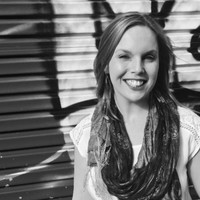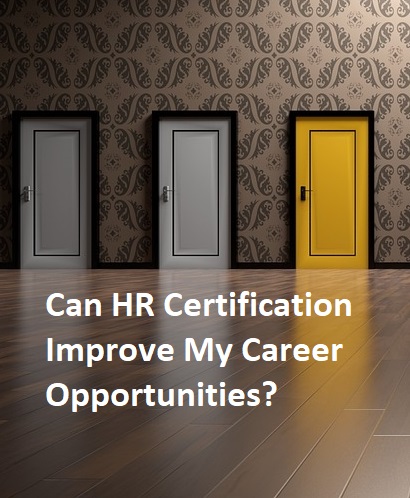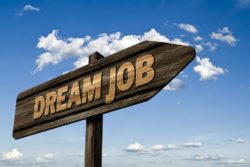 One of the phrases I’ve found myself repeating more and more often of late is this: data driven, people oriented.Â
One of the phrases I’ve found myself repeating more and more often of late is this: data driven, people oriented.Â
When I’m speaking to audiences, I share the story about how I *accidentally* insulted my wife during childbirth to illustrate this concept.
Yes, really.
It makes a great point that we can’t just be data driven or we lose sight of the people behind every metric and number. If you want to hear me tell the story live during the first ever episode of the podcast, you can check that out here.
The point is that as HR and talent leaders, we have two things that we need to keep in mind:
- People: we are the “people people” in the business. We need to know the people better than anyone else. Most of us got into HR because we like helping others and because that service brings us joy. However, we also have to know…
- Data: for far too long HR has said, “I want respect! I want to help the business, but they won’t invite me to the meeting. How do I get some credibility?” Data is the answer to that. Evidence matters.
Hence the phrase data driven, people oriented. We can’t go too far into either side or we create nightmare scenarios.
- All people, no data: we are soft and squishy and nobody cares what we have to say because all that matters are hugs and rainbows.
- All data, no people: we are hard-charging, ROI-driven monsters without a single concern for the people at the other end of our decisions.
Balancing both aspects helps you to not only have a voice in the business and with your leadership team but also helps to ensure that your voice is being used to advocate for the workforce. Bringing data and evidence to the conversation in the form of HR analytics creates a more credible, valuable conversation. And doing so on behalf of the employees is critical.
Even if you didn’t get into HR because you love data and numbers, you need to learn to speak the language of the business or risk being ignored, shut out, and forgotten when all of the important decisions are being made in your company.
Who’s with me?




 And I LOVE it.
And I LOVE it.
 HR certification questions are often seen as pretty binary: either I get one or I don’t. But in reality there’s a lot of nuance to the decision. Should I get an
HR certification questions are often seen as pretty binary: either I get one or I don’t. But in reality there’s a lot of nuance to the decision. Should I get an  Today’s question is from someone that is trying to get into the HR profession. It’s a
Today’s question is from someone that is trying to get into the HR profession. It’s a 
 For most of you, I'll go ahead and said it: You should not get a master's degree in HR. Really. While that doesn't apply to everyone, it does apply to a large number of the people that email, comment, and interact with me online. That's mainly because this question looks a lot like this template:
For most of you, I'll go ahead and said it: You should not get a master's degree in HR. Really. While that doesn't apply to everyone, it does apply to a large number of the people that email, comment, and interact with me online. That's mainly because this question looks a lot like this template: